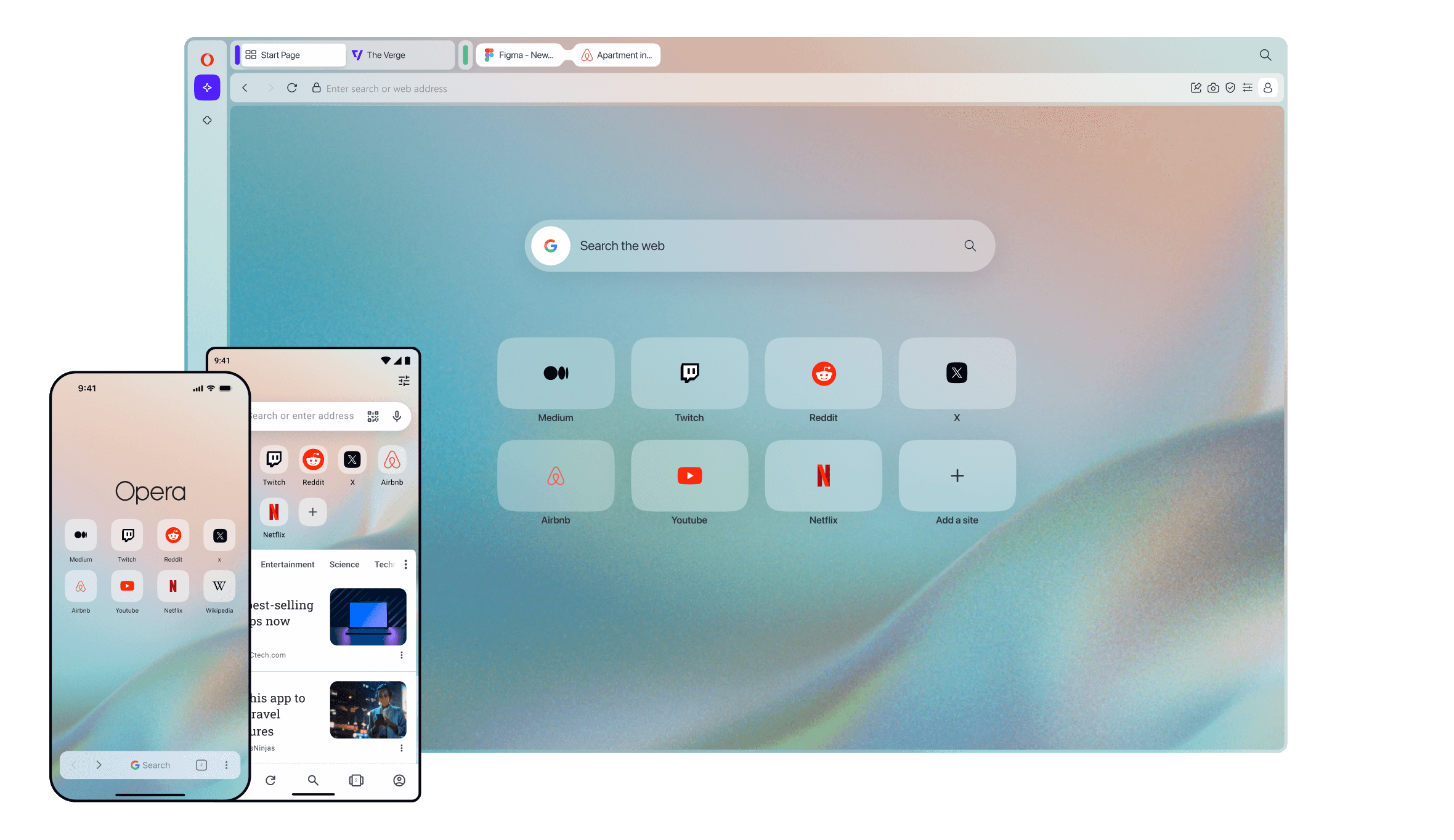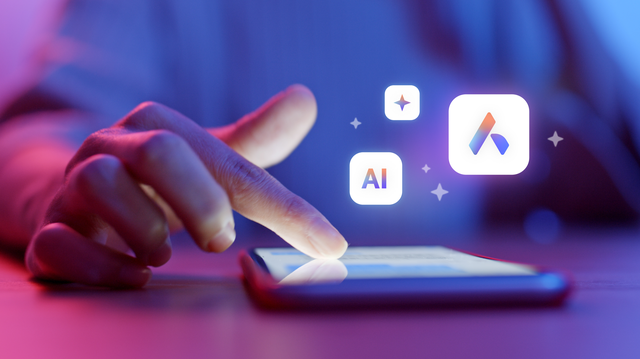Could an algorithm be your therapist? The risks and rewards of AI in mental health

It was 1:12 a.m. when Nina typed - I feel like I am failing everything - into a chat window and hit send. The reply came back in seconds, calm, patient, and reassuring. It asked a few gentle questions, offered a breathing exercise, and suggested a technique she could try that night. Nina felt a little less alone, a little less overwhelmed. But she couldn’t help wondering: Did the voice on the other end actually understand her?


This small, late-night exchange captures both the promise and the puzzle of AI in mental health. Algorithmic companions offer immediate comfort and privacy. Yet they can misread context, mishandle sensitive data, and blur the line between a helpful tool and a surrogate therapist. The question isn’t whether AI will replace human therapists. People are already treating these tools like therapists. In fact, recent surveys suggest millions are now using chatbots and AI tools for emotional support, highlighting the growing role of technology in mental healthcare. That reality demands a careful look at both the benefits and the risks.
For readers unfamiliar with AI basics, Opera has a helpful article on what artificial intelligence is, which explains the different types of AI and how it works in real-world applications.
Why AI is gaining ground in mental health
A confluence of factors has pushed mental health into the AI spotlight. Demand for care is rising, but access to trained clinicians hasn’t kept pace. Global surveys and World Health Organization reports reveal a persistent treatment gap, with an estimated one in three people with mental disorders worldwide unable to access treatment. The COVID-19 pandemic only widened that gap, leaving millions without timely support. It also accelerated the move toward digital care.
Mobile phones have become the primary way people seek help quickly and privately. At the same time, large language models can produce human-like responses and maintain user engagement. This combination has led developers and health systems to explore automated support as an entry point to care. Some offerings aim for clinical-grade rigor and regulatory compliance, while others focus on low-friction emotional support. The result is a crowded ecosystem, from rigorously tested digital therapeutics to playful wellness chatbots.


What the research says about AI in mental health
Research on AI mental health tools is still emerging, but early findings are promising. A 2017 randomized trial studied a chatbot delivering Cognitive Behavioral Therapy (CBT) to young adults. Participants reported reductions in self-reported symptoms over two weeks. While this did not prove chatbots could replace therapy, it showed that structured, brief interventions in chat form can help some users.
Apps like Wysa, which combine AI coaching with human support, have published studies showing engagement and symptom improvement in specific populations. Other research suggests chat-based CBT works best for mild to moderate anxiety and depression, with engagement rates ranging from 60 to 80 percent over several weeks. Even the FDA’s clearance of prescription digital therapeutics for narrowly defined uses, like chronic insomnia, shows that software can meet clinical standards. This does not mean AI chatbots are ready to act as general therapists.
How people use AI for mental health
People engage with AI mental health tools in different ways. Some use them as on-demand coping aids. Apps like Woebot offer short, guided interactions that teach CBT skills and help users manage overwhelming emotions in the moment. Immediate, 24/7 access can reduce symptoms for some users, at least temporarily. Others use AI as an adjunct to therapy, blending automated lessons with human clinicians.
Platforms like Wysa allow AI to handle routine skills training while therapists focus on complex cases, increasing efficiency and access. However, the most concerning use is as a substitute for care. Some people rely on chatbots as their primary support because of lack of insurance, stigma, or geographical barriers. While these tools can feel warm and judgment-free, they lack clinical oversight for high-stakes situations such as suicidal ideation or trauma.
Real-world services illustrate these dynamics. Woebot emphasizes structured CBT scripts and exercises, often with published studies on engagement and symptom change. Wysa pairs AI coaching with options for human-led therapy and clinical programs. Teletherapy platforms like Talkspace and BetterHelp are not AI therapy tools, but they use algorithms for matching and analytics. Both have faced scrutiny over data privacy, highlighting the tension between scaling access and protecting sensitive content.
Readers interested in the ethical and privacy aspects of AI may find Opera’s article on AI safety, privacy, and ethics insightful.
The risks of AI in mental health
Even as AI offers promise, it carries serious risks. Large language models can produce confident-sounding advice that is incorrect, potentially missing crises or misinterpreting symptoms. Private conversations are valuable data for companies, and even with de-identification promises, sensitive content can end up in marketing or analytics pipelines. Emotional dependency is another concern because users may ascribe human understanding to chatbots, creating unhealthy reliance.
Bias and inclusivity gaps also matter. AI reflects its training data, which may fail to capture diverse cultural or linguistic expressions of distress. For example, an AI trained mainly on English-language datasets might misinterpret idioms or mental health expressions from non-English speakers, giving irrelevant advice. Finally, legal frameworks around liability and clinical boundaries are unsettled, leaving users vulnerable if an AI gives poor advice or misses a serious risk.
Making AI safer
To integrate AI responsibly into mental healthcare, several principles are critical. Tools should clearly communicate what they can and cannot do, avoiding the appearance of clinical competence when they are not equipped to handle emergencies. Systems must be designed for escalation, routing users to human clinicians or crisis services when danger signals appear. Data protection is essential: conversations should be encrypted and retention minimized. Business models that rely on selling sensitive content should be treated with skepticism.
Developers must measure outcomes and openly share what works and what does not. Involving clinicians, ethicists, patients, and diverse communities throughout the design process ensures tools are effective and equitable.
For readers looking for practical tips on integrating AI safely into daily life, Opera’s guide on boosting productivity with AI provides concrete examples of responsible AI usage.
Where AI excels
AI tools are most effective when they complement human care. Structured CBT modules can reinforce therapy skills, triage chatbots can screen symptoms and direct users to appropriate care, and automated tools can provide psychoeducation while normalizing common challenges. AI is best used as a partner to clinicians, helping therapy become more effective, timely, and accessible.


Practical guidance for users
AI can provide immediate support, skills coaching, and psychoeducation, but it is not a substitute for therapy. Users should look for published evidence, clear escalation protocols, and strong data protections. If you are in crisis, always seek human help. We are at a moment where technology meets human vulnerability. The right approach is neither naive optimism nor blanket rejection. Careful integration keeps clinical safety at the forefront while using technology to make care more humane.
Related articles
You deserve a better browser


Press Contacts!
Our press team loves working with journalists from around the world. If you’re a member of the media and would like to talk, please get in touch with us by sending an email to one of our team members or to press-team@opera.com



